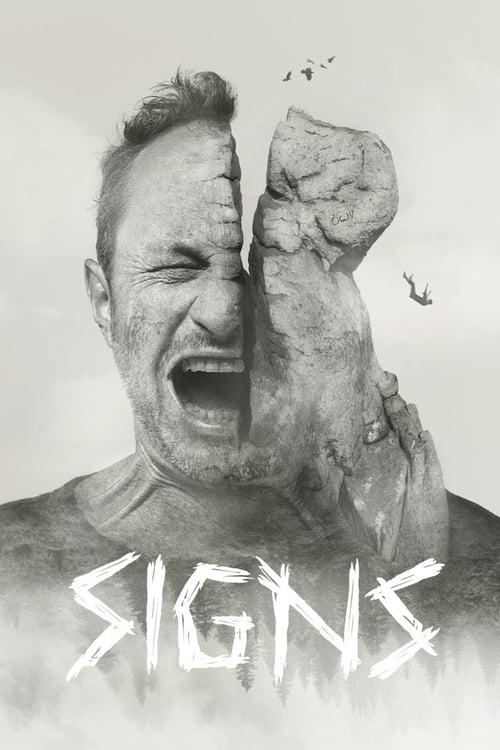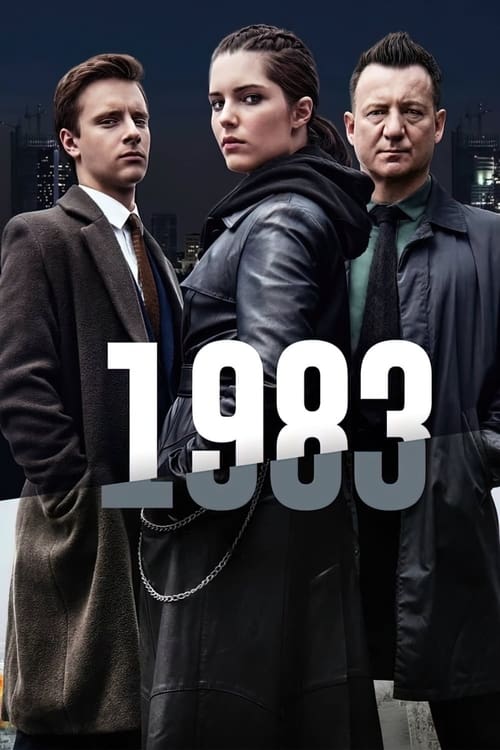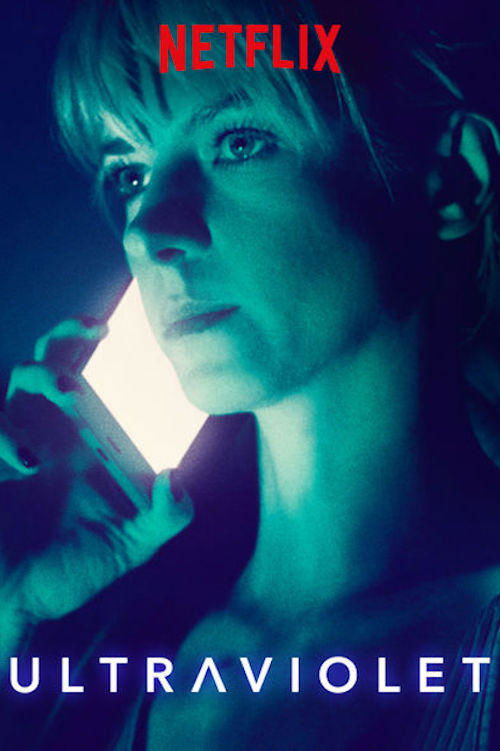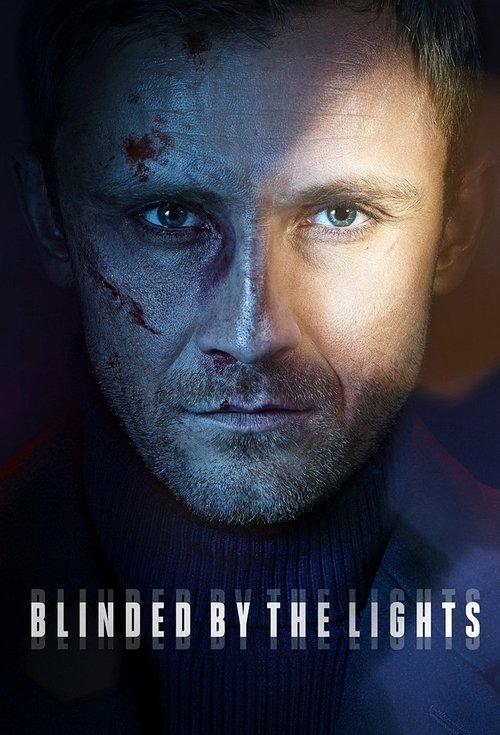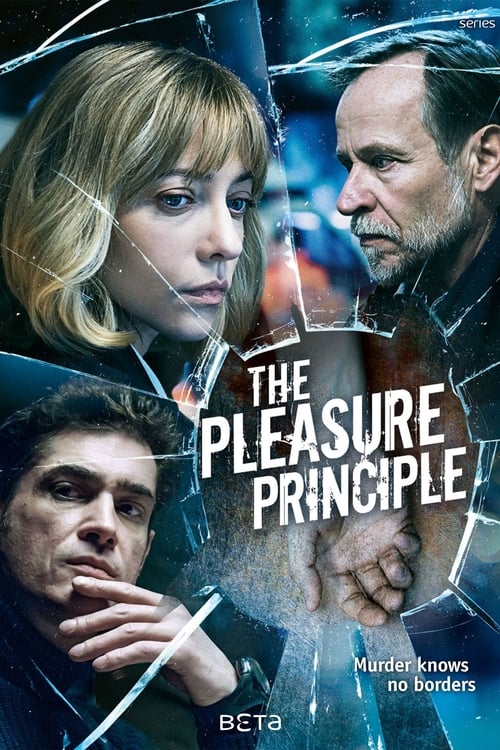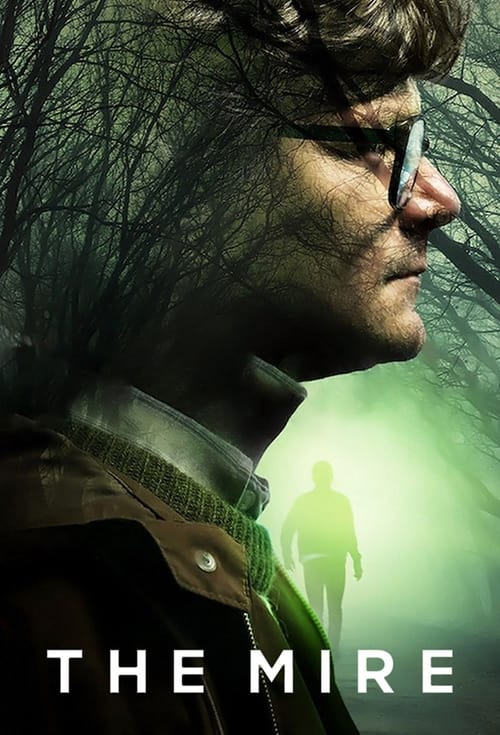
Ask Your Own Question
What is the plot?
In the opening scenes of "The Defence," we are introduced to the main character, a skilled lawyer named Kira, who is known for her tenacity and dedication to her clients. She is seen in her office, preparing for a high-profile case involving a young man accused of murder. The atmosphere is tense as Kira reviews evidence and discusses strategies with her assistant, who expresses concern about the case's complexity and the public's perception.
As the trial begins, Kira faces a formidable opponent in the prosecutor, who is determined to secure a conviction. The courtroom is filled with media, and the pressure mounts as Kira presents her defense. She argues that her client acted in self-defense, providing a detailed account of the events leading up to the incident. The jury listens intently, and Kira's passion for justice is palpable as she fights for her client's freedom.
Midway through the trial, Kira discovers new evidence that could exonerate her client. This evidence comes in the form of a witness who was previously overlooked. Kira's determination drives her to track down this witness, leading to a tense confrontation where she persuades the individual to testify. The witness's account adds a new layer to the case, suggesting that the victim had a history of violence, which Kira believes will sway the jury.
As the trial progresses, Kira faces personal challenges that affect her focus. Her relationship with her partner becomes strained due to the long hours and emotional toll of the case. Kira's internal struggle is evident as she grapples with the demands of her career and her personal life. This conflict is highlighted in a scene where she misses an important dinner with her partner, leading to a heated argument about her priorities.
In a pivotal courtroom scene, Kira cross-examines the prosecution's key witness, revealing inconsistencies in their testimony. The tension in the courtroom escalates as Kira's sharp questioning exposes the witness's biases and motivations. The jury's reaction shifts, and Kira senses that she is gaining ground in the case. The atmosphere is charged with anticipation as the trial reaches a critical juncture.
As the closing arguments approach, Kira faces a moral dilemma when she uncovers evidence that suggests her client may have been involved in a cover-up. This revelation shakes her confidence, and she must decide whether to confront her client about the truth or continue to defend him based on the evidence she has. Kira's internal conflict is palpable as she weighs her duty as a lawyer against her ethical beliefs.
In the final moments of the trial, Kira delivers a powerful closing argument, passionately defending her client while grappling with her own doubts. The jury deliberates, and the tension is thick as everyone awaits the verdict. Kira's emotional state is a mix of hope and fear, reflecting the stakes of the case not just for her client, but for herself as well.
The jury ultimately delivers a verdict of not guilty, and the courtroom erupts in mixed reactions. Kira's relief is evident, but she is also left with lingering questions about the truth and her role in the case. The final scenes show Kira reflecting on the trial's impact on her life, her relationships, and her career, leaving her at a crossroads as she contemplates her future in the legal profession.
What is the ending?
In the ending of "The Defence," the main character, defense attorney Tessa, faces the culmination of her struggles as she navigates the complexities of her personal and professional life. The series concludes with a tense courtroom scene where the truth about the case is revealed, leading to significant consequences for Tessa and those around her.
As the final episodes unfold, Tessa is deeply entrenched in a high-stakes trial that tests her moral compass and professional integrity. The courtroom is filled with tension as she presents her defense, battling against the prosecution's relentless pursuit of justice. The emotional weight of the case bears down on her, revealing her vulnerabilities and the sacrifices she has made for her career.
In a pivotal moment, Tessa uncovers crucial evidence that shifts the direction of the trial. This revelation not only impacts the case but also forces her to confront her own past decisions and the ethical dilemmas she has faced throughout her career. The courtroom erupts with reactions as the truth comes to light, leading to a dramatic climax where the fate of the accused hangs in the balance.
As the series concludes, Tessa's journey comes full circle. She grapples with the consequences of her choices, both in her professional life and her personal relationships. The final scenes depict her standing in the courtroom, reflecting on her journey, the sacrifices she has made, and the impact of her work on the lives of others.
The ending leaves viewers with a sense of resolution for Tessa, as she finds a new understanding of her role as a defense attorney. The series closes with her looking towards the future, ready to embrace the challenges that lie ahead, while also acknowledging the weight of her past.
As the final episodes of "The Defence" unfold, we find Tessa in the midst of a gripping courtroom battle. The atmosphere is charged with anticipation as the trial reaches its climax. The camera pans across the courtroom, capturing the anxious faces of the jury, the stern demeanor of the judge, and the determined expression of the prosecutor, who is intent on securing a conviction.
Scene 1: The Courtroom Tension Tessa stands at her defense table, her hands clasped tightly as she prepares to deliver her closing arguments. The weight of the case presses heavily on her shoulders, and we can see the flicker of doubt in her eyes. She takes a deep breath, steeling herself for the fight ahead. The stakes are high, and the lives of her clients hang in the balance.
Scene 2: The Revelation As Tessa presents her argument, she recalls the evidence she uncovered just days before the trial. The camera zooms in on her face, revealing a mix of determination and fear. She recounts the moments leading up to her discovery, the late nights spent poring over documents, and the conversations that led her to the truth. The courtroom listens intently, the tension palpable as she reveals the new evidence that could exonerate her client.
Scene 3: The Reaction Gasps ripple through the courtroom as Tessa's revelation sinks in. The prosecutor's face hardens, and the judge leans forward, intrigued. Tessa's heart races as she watches the jury's reaction, hoping that her words will resonate with them. The camera captures the shifting dynamics in the room, the once confident prosecutor now visibly shaken.
Scene 4: The Verdict After a tense deliberation, the jury returns with their verdict. Tessa stands, her heart pounding in her chest. The foreman reads the decision, and the courtroom holds its breath. When the verdict of not guilty is announced, a wave of relief washes over Tessa. She closes her eyes for a moment, allowing herself to feel the weight of the moment. Her client breaks down in tears, and Tessa embraces them, sharing in their joy.
Scene 5: The Aftermath In the aftermath of the trial, Tessa reflects on her journey. She walks through the empty halls of the courthouse, her mind racing with thoughts of the case and the personal sacrifices she made along the way. The camera follows her as she steps outside, the sunlight illuminating her face. She takes a deep breath, feeling a sense of closure but also the burden of her past decisions.
Scene 6: Looking Forward The series concludes with Tessa standing on the steps of the courthouse, looking out at the city. She is no longer the same person she was at the beginning of the series. The experiences have changed her, and she is ready to face whatever comes next. The final shot lingers on her face, a mixture of hope and determination, as she steps forward into her future.
In the end, Tessa's journey is one of growth and resilience. She has faced the complexities of her profession and emerged stronger, ready to continue her work as a defense attorney, armed with a deeper understanding of justice and the human experience. The fates of the other characters intertwine with hers, as they too navigate the consequences of their actions, leaving a lasting impact on Tessa's life and career.
Is there a post-credit scene?
The Defence, produced in 2018, does not feature a post-credit scene. The series concludes its narrative without any additional scenes after the credits roll, focusing instead on wrapping up the storylines and character arcs within the main episodes. The final moments of the show provide closure to the characters' journeys, leaving viewers with a sense of resolution rather than teasing future developments.
What motivates the main character, defense attorney Kaan Kural, throughout the series?
Kaan Kural is driven by a deep sense of justice and a desire to protect his clients, often at great personal cost. His internal conflict arises from balancing his professional responsibilities with the moral dilemmas he faces, particularly when defending clients he believes may be guilty.
How does Kaan's relationship with his mentor, the seasoned lawyer, evolve throughout the series?
Kaan's relationship with his mentor is complex; initially, he seeks guidance and approval, but as the series progresses, he begins to assert his own beliefs and methods, leading to tension and conflict. This evolution highlights Kaan's growth as a lawyer and his struggle for independence.
What role does the character of Zeynep play in Kaan's personal and professional life?
Zeynep serves as both a romantic interest and a moral compass for Kaan. Her presence challenges him to confront his ethical boundaries and the implications of his legal choices, often leading to emotional turmoil as he navigates his feelings for her while dealing with the pressures of his cases.
How does the series portray the impact of the legal cases on Kaan's personal life?
The legal cases take a significant toll on Kaan's personal life, leading to strained relationships with family and friends. The emotional weight of defending clients, especially those accused of heinous crimes, often leaves him feeling isolated and conflicted, showcasing the sacrifices he makes for his career.
What are the key turning points in Kaan's most challenging case, and how do they affect him?
Kaan's most challenging case involves a high-profile murder trial that tests his skills and ethics. Key turning points include discovering crucial evidence that could exonerate his client but also implicates another party, forcing him to confront his values. These moments lead to intense emotional struggles, pushing Kaan to question his commitment to the law versus his moral beliefs.
Is this family friendly?
"The Defence," produced in 2018, is a legal drama that delves into complex themes and intense situations. While it offers a gripping narrative, it may not be considered family-friendly for younger audiences or sensitive viewers.
Potentially objectionable or upsetting aspects include:
-
Violence and Crime: The show features discussions and depictions of violent crimes, including murder, which may be distressing.
-
Legal and Ethical Dilemmas: The characters often face morally ambiguous situations that can provoke intense emotional responses, including betrayal and manipulation.
-
Emotional Turmoil: Characters experience significant emotional distress, including grief, anger, and anxiety, which may be heavy for younger viewers.
-
Substance Abuse: There are references to drug use and addiction, which could be unsettling for some audiences.
-
Intense Courtroom Scenes: The courtroom drama can be quite intense, with high stakes and emotional confrontations that may be overwhelming.
-
Adult Themes: The show explores themes of justice, guilt, and redemption, which may be complex and difficult for children to fully understand.
Overall, the series contains mature content that may not be suitable for all viewers, particularly children or those sensitive to such themes.









